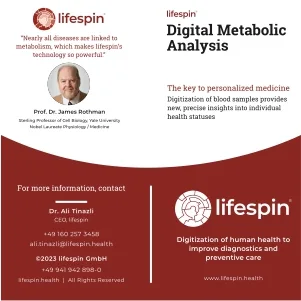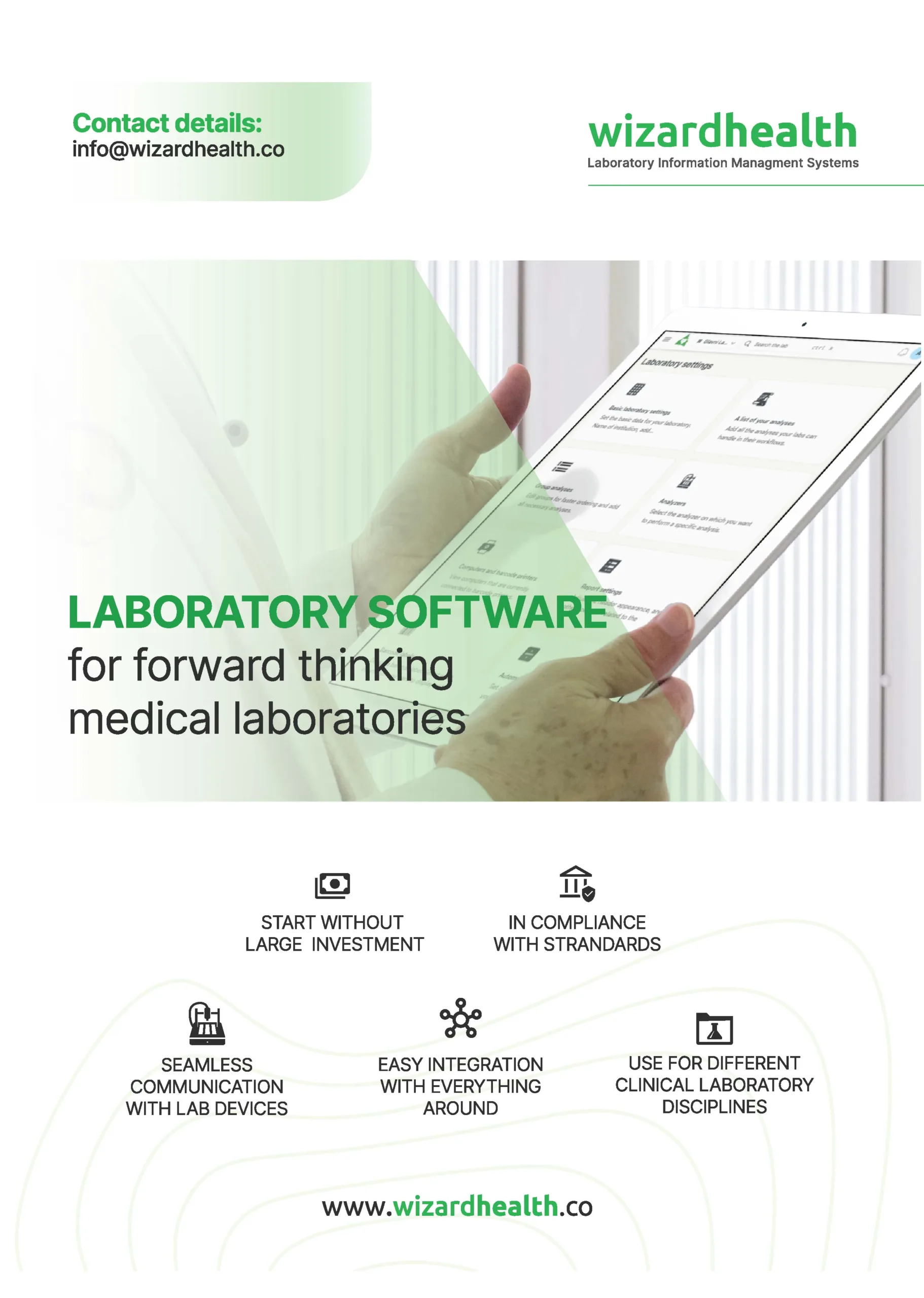Flooding is associated with over 80% of natural disasters in the last 10 years and has affected more than 2 billion people globally in the most recent 20 years of data (1998–2017), according to the World Health Organization (WHO). As the planet continues to change in ways that are unprecedented in human history, the direct threat to human health should not be underestimated.
Floods are devastating in every aspect, damaging lives, personal property, infrastructure, and health risks. It is not just communities that have experienced flooding are at risk. disaster responders and healthcare professionals can also be affected.
Click here to join our WhatsApp channel to get more updates
The interactions between flood events, their aftermath, and recovery leading to health and well-being outcomes for individuals are complex. Much evidence highlights that the consequences of flood events are not limited to physical health and mortality or infectious diseases. Research points to long-lasting effects on mental health and wellbeing, including stress, anxiety, depression and post-traumatic stress disorder
Effects of floods :
- Health risks /Loss of lives
- Property and infrastructure damage
- Road closures
- Economic impacts due to loss of personal property
- Mental health problems
What health risks do floods create?
Floods can cause many health problems, including injuries, waterborne diseases, and mental health issues. During a flood, people may be injured by debris, electrical hazards, or drowning. In addition, flooding can lead to the contamination of drinking water sources or further spread illnesses.
There are four main kinds of infections: cutaneous; respiratory; gastrointestinal; and zoonotic (transmitted between animals and humans) or vector-borne (transmitted by the bite of an infected arthropod species such as mosquitoes or ticks).
Cutaneous infections: Skin and soft tissue infections can follow trauma. These infections are often caused by typical bacterial causes of skin and soft tissue infections; however, fungal infections may also occur.
Respiratory infections: Acute respiratory infections like coughs, colds, influenza and pneumonia are common following flood disasters.
Gastrointestinal disease: Floods can potentially increase the transmission of waterborne diseases such as diarrhoea, typhoid, hepatitis, and leptospirosis
Zoonoses and vector-borne disease: Flood disasters can change the physical environment to favor an increase in the breeding of some animals and disease vectors.
Leptospirosis is a bacterial disease transmitted to humans through direct contact with animal hosts (rodents, domestic pets, and livestock) or through an environment contaminated by animal urine. It is increasingly recognized as an important infection associated with flood disasters.
People who come into direct contact with flood water (for example, by swimming or wading) that is contaminated with the urine of infected animals are at high risk of being infected. Symptoms include fever, headaches, muscle aches, chills, red eyes, abdominal pain, jaundice, vomiting, diarrhoea, and sometimes a rash.
How can infections be prevented after floods?
Don’t venture out until and unless it is necessary
After a flood avoid walking through flood waters as there may be hidden hazards. Staying in cold water for a long time can increase the risks of hypothermia, which may lead to shivering, pale and cold skin, tiredness or confusion.
Drink safe water
Making sure water is safe is not always easy after a flood, but is highly essential to keep you and your family healthy. Bring water to a rolling boil and cool it before drinking. Use bottled water if you can access it. Make sure that the bottled water you use is properly sealed before you use.
Be mindful of food safety
Make sure your food is safe. Do not leave cooked food outside the refrigerator for more than 2 hours. Throw away perishable foods that have not been properly refrigerated due to power outrages. Avoid eating food that shows signs of spoilage or has come in contact with contaminated water.
Personal hygiene is important
It is critical to practice personal hygiene during the flood and clean-up periods. Wash hands thoroughly with soap and clean water for 40-60 seconds, before and after handling food items or participating in any clean-up activities.
When carrying out any cleaning activities, always wear gloves and solid shoes covering your foot.
Cleaning up your house
Wear suitable protective clothing including gloves, boots, and eye protection. Clean all surfaces and equipments with a disinfectant. Once disinfected, allow to dry. Children’s soft toys, should be discarded. Solid toys should be washed and disinfected. Damaged electric supplies need to be checked by a qualified electrician.
Mental Health
People who have been exposed to highly threatening situations can also experience flashbacks or nightmares. This is normal in the days and weeks following an extreme event. While it is easy for children to make emotional attachments to their favorite toys and possessions, it is not always easy for them to understand the health implications of why contaminated items must be thrown away.
Also Read: UAE Floods: Don’t Let Health Risks Follow the Waters
Social support is crucial. If you come across anyone who has suffered the devastating effects of floods, Ask about their needs and concerns, and identify if any basic needs are not met, such as access to food, water, shelter and medication.
Help people to contact their loved ones, and others who can provide familiar sources of support. Listen, but do not pressure people to talk about their experiences.
Learning from one’s own experience and from that of others may play an important role in increasing mental resilience to flood events.


















